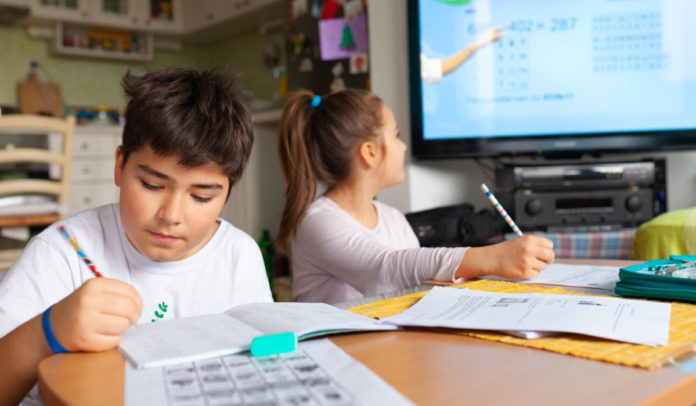New Delhi (NVI): Children in the world’s richest countries lack basic reading, mathematics skills and suffer from poor mental well-being and obesity, according to a UNICEF report.
The UN Children’s Fund (UNICEF) urges governments to improve and protect child well-being in the face of the economic, social and educational fallout from the COVID-19 pandemic.
The report used the data from 41 countries before the coronavirus pandemic, and warned that the crisis posed a substantial threat to a child’s well-being.
Among these indicators, Denmark, the Netherlands, and Norway are the best places for a child while Bulgaria, Chile, and the US are ranked the worst places for a child among high-income countries, it added.
According to UNICEF, around 20 per cent of children do not have high life satisfaction in most affluent countries, in which Turkey fares worst, with only 53 per cent of children having high life satisfaction, followed by Japan and Britain.
Significantly poorer mental health rates were found among children from less supportive families or those who are being bullied and is also a leading cause of suicide.
Lithuania has the highest rate of adolescent suicide, followed by New Zealand and Estonia, the report said.
In terms of physical health, around one in three children across all countries are obese or overweight, with rates in Southern Europe rising sharply.
The report further informed that, 40 per cent of children in rich countries lack basic reading and Maths skills by the age of 15, with those in Bulgaria, Romania, and Chile being the least proficient.
Additionally, at least one in every five children lack confidence in their social skills to make new friends, with children in Chile, Japan and Iceland listed as the least confident in this area, UNICEF said.
Gunilla Olsson, UNICEF Innocenti director said, “Many of the world’s richest countries – which have the resources they need to provide good childhoods for all – are failing children.”
“Unless governments take rapid and decisive action to protect child well-being as part of their pandemic responses, we can continue to expect soaring child poverty rates, deteriorating mental and physical health, and a deepening skill divide among children,” Olsson added.
-RJV








